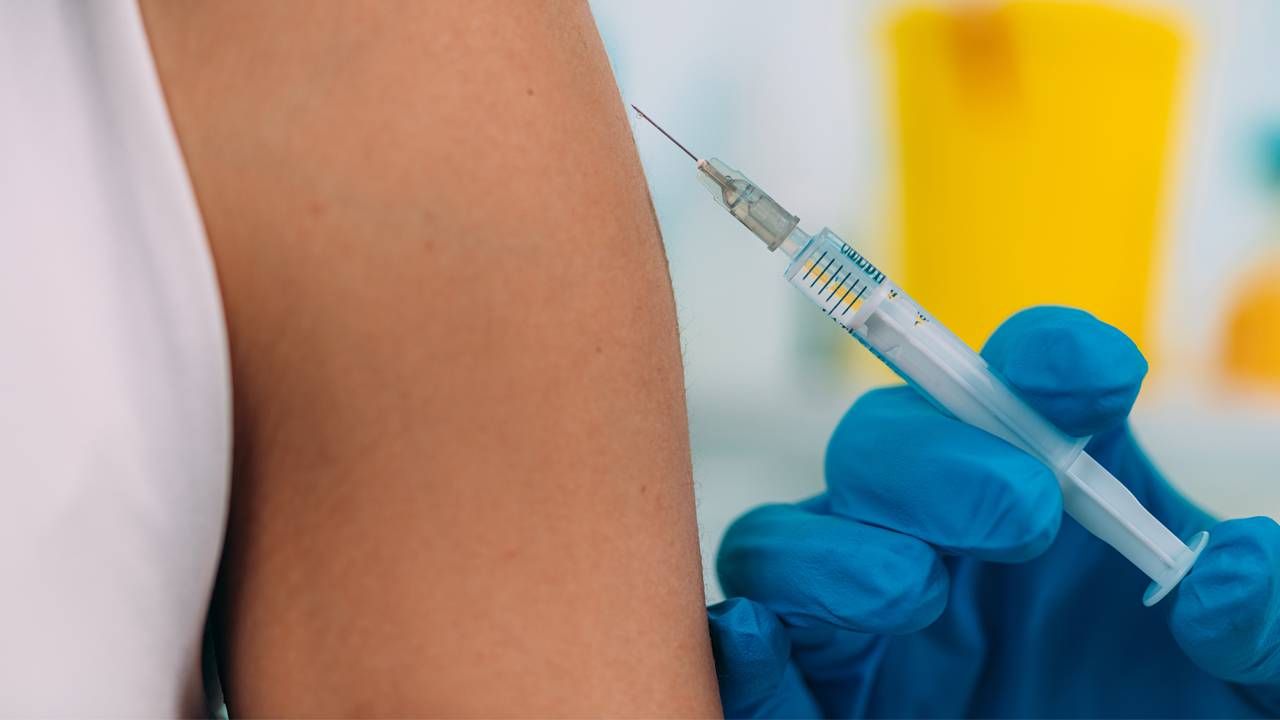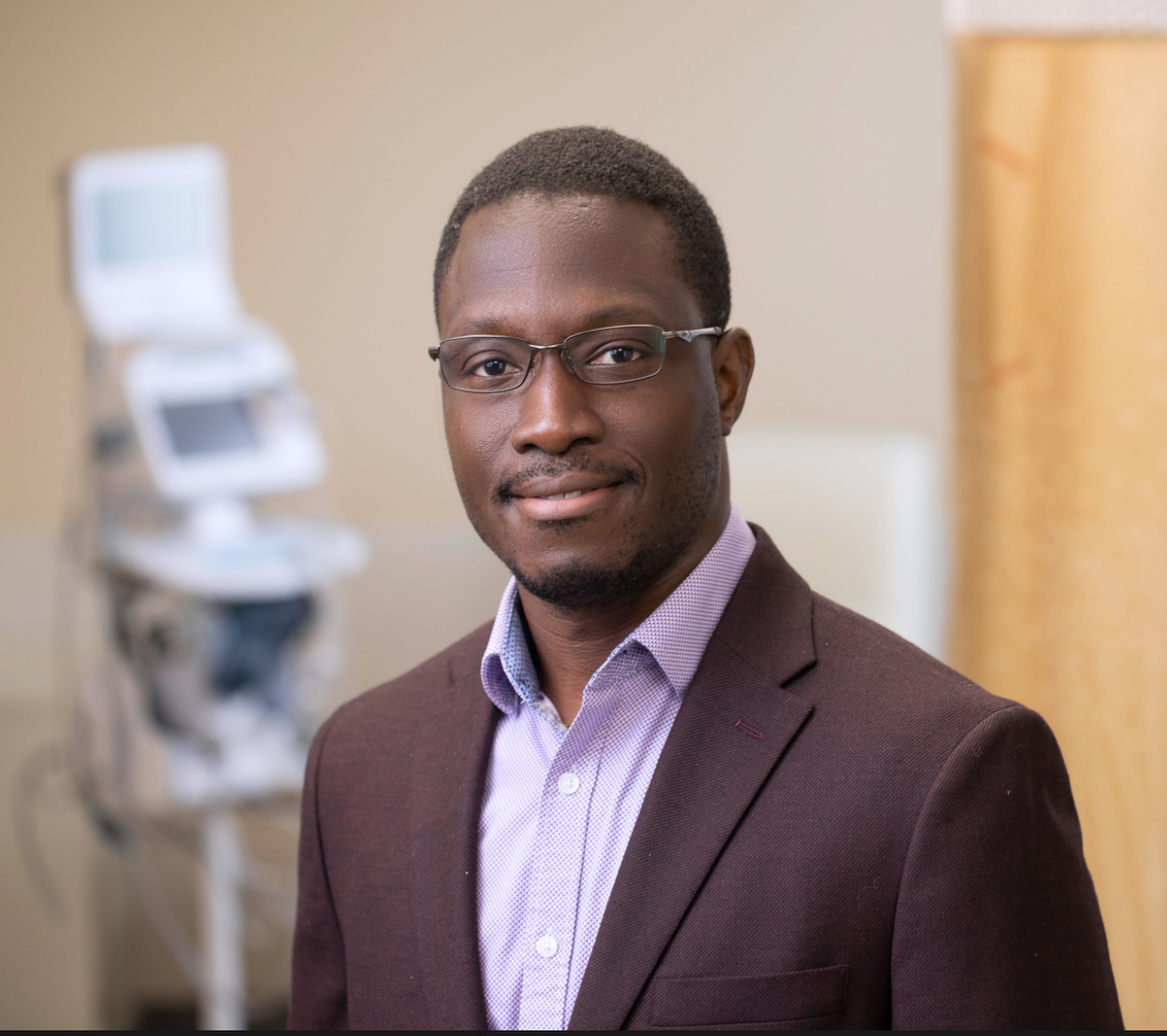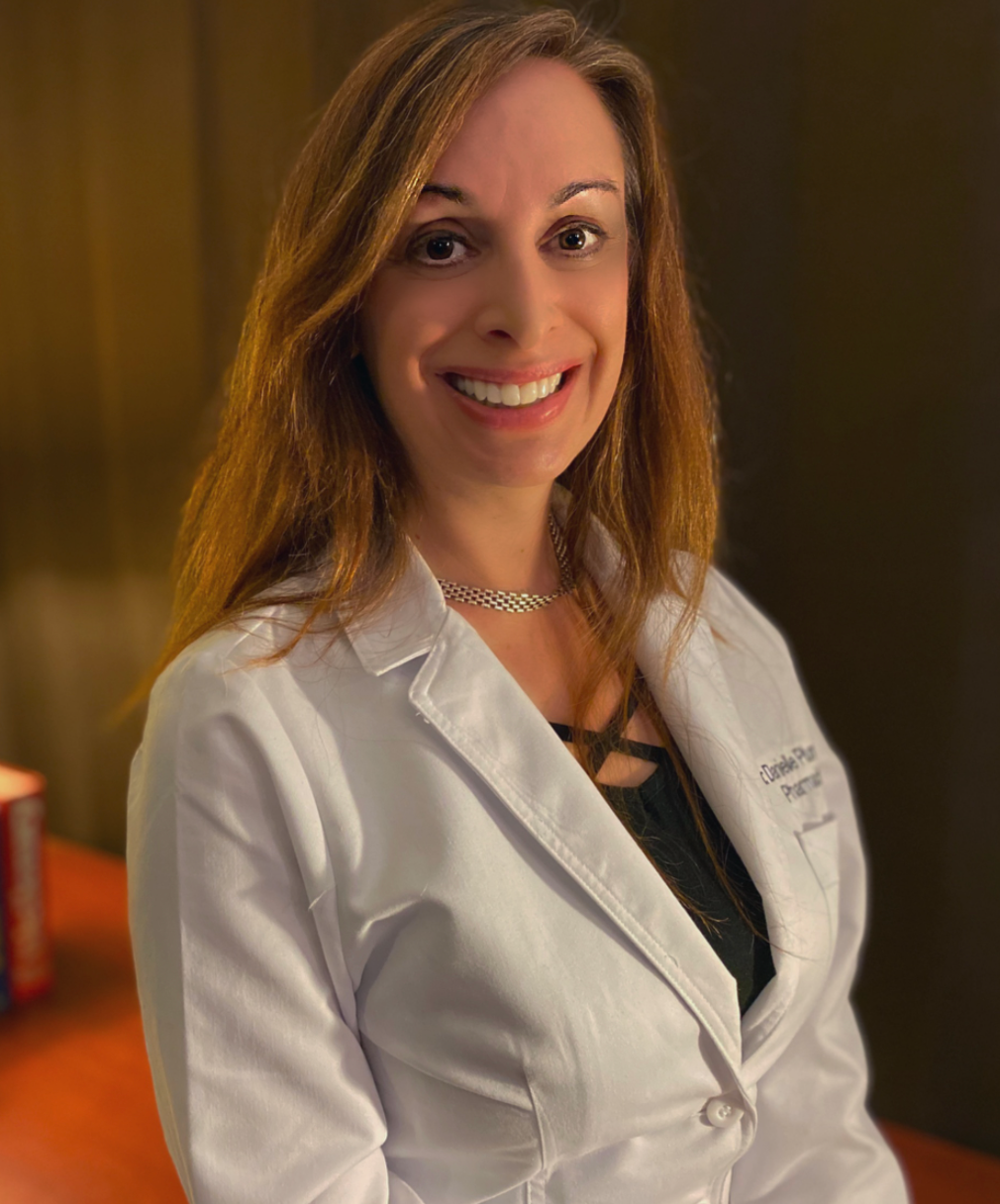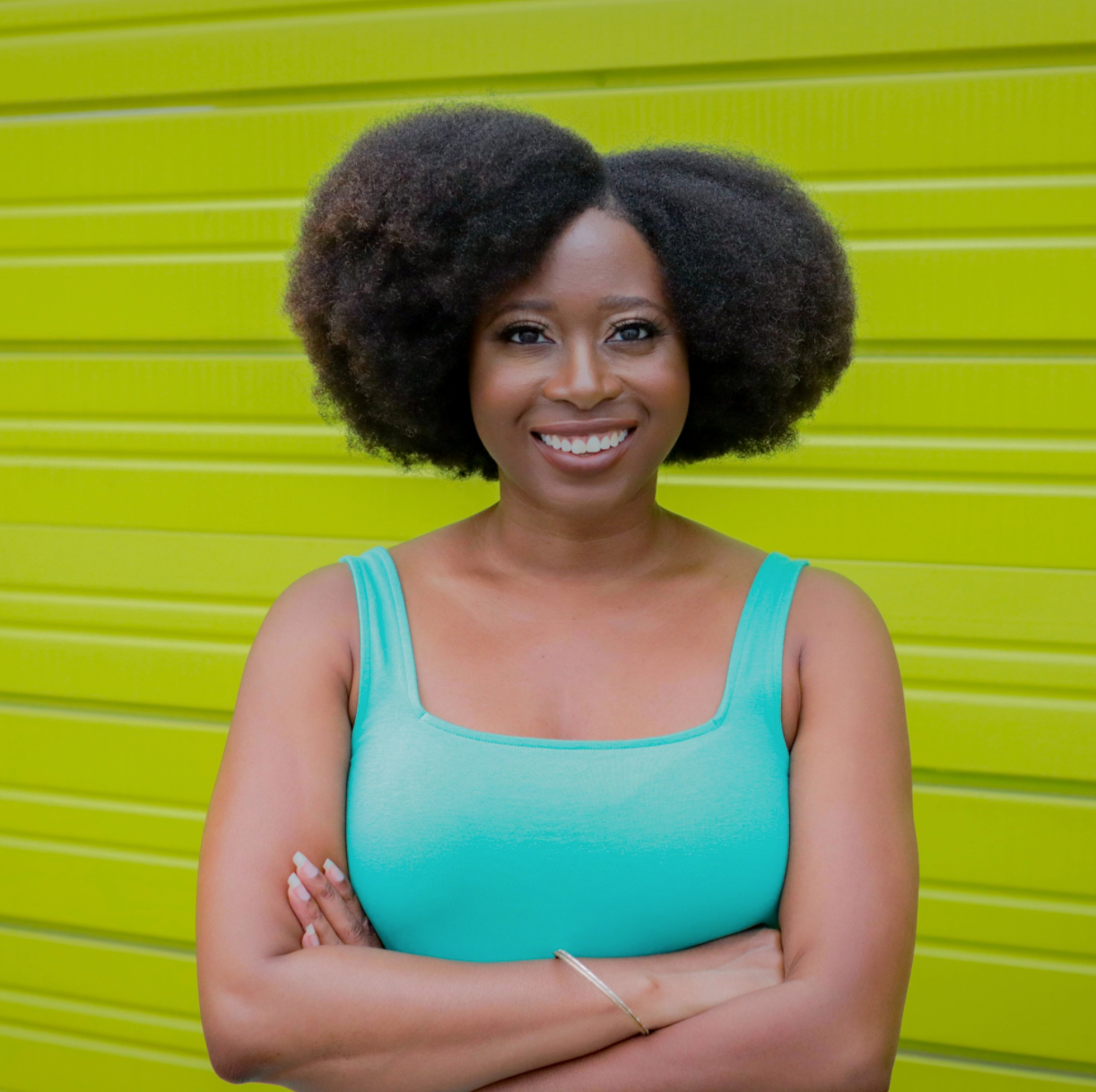My Experience in a COVID-19 Vaccine Trial
Why I signed up, what it's been like and what I'm hoping for
I'm one of about 44,000 people who've been enrolled in the Pfizer BioNTech COVID-19 Phase 3 vaccine trial. I'm no hero, just a 59-year-old who desperately wants to see my kids who live an airplane flight away; resume my vacations and indoor dining and basically get on with my life.

I felt ecstatic when the news broke Nov. 18 that the Pfizer vaccine was 95% effective in preventing COVID-19 without serious side effects in people who had no previous signs of the disease. Since then, Pfizer has applied to the Food and Drug Administration (FDA) for emergency access. If that's approved, the vaccine will be given to the public.
My First Injection
Here's what it's been like for me, and a few others I've interviewed who are in Pfizer and Moderna COVID-19 vaccine trials:
That evening, I smiled. My arm hurt.
Back on Sept. 1, I reported to the Yale Center for Clinical Investigation in New Haven for my first visit. After meeting with an infectious disease doctor and answering numerous questions to consent to the study, I got my first injection of either the SARS Co-V2 vaccine or a saline placebo. Half of the participants are getting the vaccine and half the placebo.
I have a couple of typical health problems for people my age: hypertension and osteoporosis. (My husband, who's 67 and a bit healthier, is also participating in the study. Neither of us was excluded based on our age or diagnoses.)
My initial visit took three hours because the "dose" needed to be thawed before administration. Nurses offered me coffee, trail mix and other snacks while I waited, and paid me $100 through a gift card.

That evening, I smiled. My arm hurt. To me, that meant that I got the live vaccine and not the placebo. But I won't know for sure because the study is "blinded," meaning no one knows who's getting what until the study ends. If I did get the placebo, I'll be offered the vaccine once the study is unblinded.
The day after I got injected, I felt sluggish and tired, with body aches. I duly noted these symptoms in the app that the vaccine trial participants are required to put on our phones. (My husband had no soreness or fatigue.)
My Second Injection
About three weeks later, I received a second injection. Again, my arm felt sore, looked red at the injection site and I had body aches and fatigue. (At a meeting with Centers for Disease Control and Prevention advisers Monday, doctors urged the agency to be upfront about side effects some people may have after receiving the first dose of a COVID-19 vaccine, including muscle pain, chills and headaches.)
Three weeks after that, my blood was drawn and tested for antibodies to COVID-19. The director of the study, Dr. Onyema Ogbuagu, wouldn't comment about this.
My next appointment is in March for more blood tests.
Overall, the study is supposed to last 26 months. It will continue even if the vaccine gets approved because researchers need more safety data and long-term efficacy data over a period of time, said Laurie Andrews, a nurse working on the Yale study.
Have I been scared to be in the vaccine trial? No. I know that by the time a drug gets to Phase 3, it's deemed safe for testing in humans. So, I feel like the risk of participating is small.
Unlike some vaccines, this one doesn't contain the whole virus or those parts of the virus that can make you sick. Instead, it contains part of the virus' genetic code — the RNA — surrounded by fatty particles. Your own cells then produce some of the spike protein seen on the outside of the virus. This spike protein helps your body produce antibodies to fight COVID-19.
Our Commitment to Covering the Coronavirus
We are committed to reliable reporting on the risks of the coronavirus and steps you can take to benefit you, your loved ones and others in your community.
Read Next Avenue's Coronavirus Coverage
Dr. Kathryn Boling, 62, a family medicine specialist in Lutherville, Md., also entered a Pfizer trial. She's hoping to set an example for her patients who may be hesitant to take the vaccine when it's approved.
What Other COVID-19 Vaccine Trial Participants Told Me
"The risk of doing nothing was that I could get COVID and die from it," she said. "But the benefit is that I might be able to protect myself and tell my patients how I felt after getting the vaccine."
Boling said she knows that many of her patients are afraid of the vaccine.
"If it works out, I could reassure them. Or if it didn't, I could warn them. That was my thinking," she said.
"I wanted to be one of the first people to get it and I could be proof that it works."
Boling's arm felt sore after the first shot, too. But she suffered intense body aches after the second injection.

As an experiment, she later had her medical assistant inject her with saline, which is what is used as the placebo in the Pfizer study. She felt nothing after the saline shot.
Hospital pharmacist Danielle Plummer, 48, is in the Moderna study in Las Vegas. Moderna reported its vaccine to be 94% effective.
"When COVID took over the world, I knew there had to be something more than wearing masks or washing our hands. This [a vaccine] is going to be fundamental to getting society back to normal," Plummer said. "I really wanted to get the vaccine because I am exposed to (COVID) patients at work. I wanted to be one of the first people to get it and I could be proof that it works."
Plummer has administered thousands of vaccines over the years and knows that no vaccine is 100% safe.
She believes she got the placebo because she felt no body aches or other symptoms after the injection. As with my Pfizer trail, Moderna participants who got the placebo will be offered the vaccine at the end of the study.
As an African American, Ashley Nealy, 32, wanted to participate in the Pfizer study because COVID-19 has hit the Black community hard and she wanted to be a part of the solution.

But she took a lot of flak for enrolling in the study in Atlanta. After being interviewed by a local TV station, Nealy's story received more than 650 comments on its Facebook page, many of them negative.
"People asked if I'm not aware of the Tuskegee experiments," Nealy said. (Those were the U.S. government's syphilis study of 600 Black men who did not provide consent for it.)
"All these negative comments, it shows the mistrust of the medical establishment in the Black community. Somebody even mentioned me possibly growing a third ear in ten years," said Nealy.
Like me, Nealy experienced fatigue and soreness after the shots.
"I enrolled in the study because I wanted to help us get out of this pandemic a little sooner," Nealy said.
She worries, however, that many Americans won't get a COVID-19 vaccine if it is approved.
Everybody in a COVID-19 vaccine trial has their own reason for entering it. I'll admit I wanted to get the vaccine to help reduce my chances of getting the coronarivus. But I also believe in doing what you can to help, when you're able.
I know that I can't cure COVID-19. But I can do this one small thing to help the cause.

